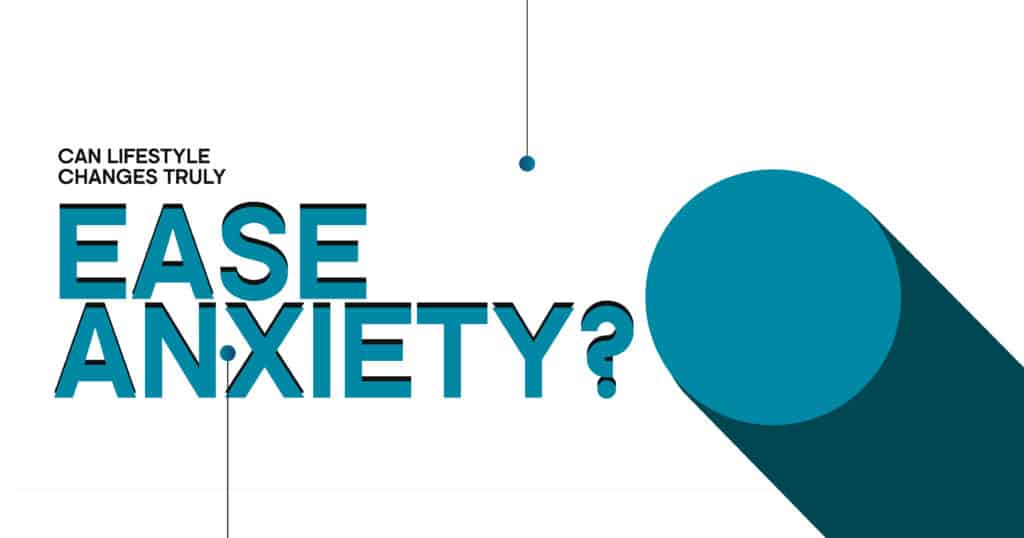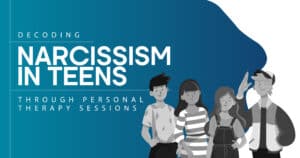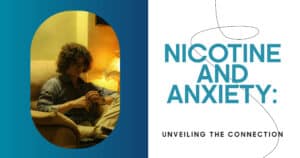Anxiety affects millions of people every year, and while medications can help, many are searching for alternative ways to manage their symptoms naturally. But the question remains: Can lifestyle changes really reduce anxiety? The short answer? Absolutely—if approached consistently and holistically.
Lifestyle changes don’t mean a complete life overhaul overnight. Instead, they’re minor, intentional adjustments in your habits, routines, and environment that support mental wellness. From stress management techniques to diet and exercise, science backs the idea that daily choices can directly influence anxiety symptoms and improve emotional balance.
Relaxation Techniques for Stress Management and Mental Clarity
Stress is a key driver of anxiety, and relaxation techniques are your first line of defense. They help regulate the nervous system, ease muscle tension, and clarify racing thoughts.
These tools aren’t just for yogis or meditation pros—they’re practical, portable, and can be used by anyone.
Breathing Exercises and Guided Imagery to Reduce Tension
Breathwork helps calm the body’s stress response in real time. By slowing your breathing, you’re signaling to your brain that it’s safe to relax. Paired with guided imagery—where you visualize peaceful scenes—it becomes a powerful anti-anxiety combo.
Here are a few proven techniques:
- Box Breathing – Inhale for 4, hold for 4, exhale for 4, hold for 4
- 4-7-8 Breathing – Inhale for 4 seconds, hold for 7, exhale for 8
- Close your eyes and visualize a safe, calm space—use all your senses
Progressive Muscle Relaxation and Its Calming Effects
This technique involves slowly tensing and then releasing each muscle group in your body, from your toes to your forehead. It enhances mind-body awareness and teaches your system how to recognize and release tension.

A 2020 study showed that practicing Progressive Muscle Relaxation (PMR) for 10 minutes daily reduced anxiety symptoms by 38% over 4 weeks.
Exercise as a Natural Antidote to Anxiety
Regular physical activity is one of the most effective, medication-free anxiety reducers. It increases endorphins, reduces cortisol, and helps improve sleep, one of the most overlooked factors in mental health.
How Physical Activity Affects Brain Chemistry and Mood
Exercise increases blood flow to the brain, stimulates neurotransmitters like serotonin and dopamine, and activates brain parts responsible for regulating mood and fear. According to Harvard Medical School, just 15 minutes of brisk walking per day has been shown to reduce the risk of depression and anxiety by 26%.
Let’s break down how different exercises support anxiety relief:
| Exercise Type | Mental Health Benefit |
| Aerobic (running, cycling) | Boosts mood, lowers stress hormones, and improves sleep |
| Strength Training | Builds confidence, reduces overall stress |
| Yoga & Pilates | Combines movement with mindfulness and breathwork |
| Dance/Fun Movement | Releases stored tension and activates joy-related brain areas |
Mindfulness Practices That Cultivate Inner Calm
Contrary to popular belief, mindfulness isn’t about emptying your mind. It’s about learning to observe what’s happening—thoughts, emotions, physical sensations—without judgment. And when it comes to managing anxiety, this shift in awareness is powerful.
By training yourself to stay present instead of spiraling into what-ifs, mindfulness strengthens your ability to respond calmly, rather than react impulsively. This mindset shift rewires your relationship with stress over time and even changes how your brain processes anxiety-related triggers.
Simple, Everyday Mindfulness Practices
You don’t need to retreat into the mountains to build a mindfulness routine. These three practices are simple, backed by research, and easy to incorporate into daily life—even if you’re busy:
- Meditation gives your brain time to rest and reset. Just 10 minutes a day can reduce anxiety levels significantly.
- Gratitude Journaling retrains your brain to focus on safety and abundance, rather than fear.
- Single-tasking helps you stop mentally multitasking, reducing overwhelm and bringing clarity to everyday tasks.
California Mental Health
The Role of Cognitive Behavioral Therapy Alongside Lifestyle Changes
While lifestyle changes can make a big difference, many people benefit most when they combine them with professional support, especially Cognitive Behavioral Therapy (CBT).
CBT is one of the most effective, evidence-based methods for treating anxiety. It works by helping you identify unhelpful thought patterns and replace them with realistic, balanced ones.

Here’s how CBT complements lifestyle changes:
- Behavioral activation encourages exercise and routine
- Cognitive restructuring builds awareness, aiding mindfulness
- Exposure therapy reduces avoidance of anxiety triggers
- Journaling homework increases reflection and gratitude
Building a Sustainable Anxiety Management Lifestyle
Lifestyle changes only work if they’re sustainable. Think of it less as a checklist and more like building a mental health routine that becomes part of your life, not a short-term fix. According to the National Institute of Mental Health, lifestyle interventions combined with CBT reduce anxiety symptoms by up to 70% in moderate-to-severe cases.
Here are key habits to keep anxiety in check long-term:
- Stick to a sleep schedule (7–9 hours per night)
- Eat regular, balanced meals to maintain stable blood sugar
- Limit caffeine and alcohol, which can spike anxiety
- Set boundaries around work, screen time, and social energy
- Practice daily relaxation techniques, even if just 5–10 minutes
- Celebrate small wins—progress matters more than perfection
Ready to Make a Change? Let California Mental Health Help
If you’ve been wondering, “Can lifestyle changes really reduce anxiety?”—the answer is a resounding yes. At California Mental Health, we take a whole-person approach to treatment, combining modern therapy techniques with personalized lifestyle support.
Whether you’re looking to explore CBT, get guidance on mindfulness, or build a customized stress management plan, our clinicians are here to help you feel better, without relying solely on medication.
Contact California Mental Health today and start building a life where calm, clarity, and confidence are more than just goals—they’re your new normal.
California Mental Health
FAQs
- How do relaxation techniques contribute to stress management and overall mental health improvement?
Relaxation techniques calm the nervous system, reduce cortisol levels, and help release muscle tension, all of which support a more balanced emotional state and mental clarity.
- What are the specific exercise benefits for reducing anxiety and enhancing mental well-being?
Exercise boosts endorphins, improves sleep, reduces stress hormones, and enhances self-esteem, making it one of the most effective natural remedies for anxiety.
- How does a healthy diet influence anxiety levels and contribute to better mental health?
A diet rich in nutrients like omega-3s, magnesium, and probiotics supports brain function, stabilizes mood, and reduces inflammation that can contribute to anxiety.
- What role does sleep quality play in managing anxiety and improving mental health?
Poor sleep increases emotional reactivity and weakens the brain’s ability to cope with stress. Quality sleep restores cognitive function and emotional regulation.
- How can mindfulness practices and cognitive behavioral therapy work together for effective anxiety relief?
Mindfulness increases awareness of anxious thoughts, while CBT offers tools to reframe them. Together, they reduce reactivity and build long-term coping skills.







